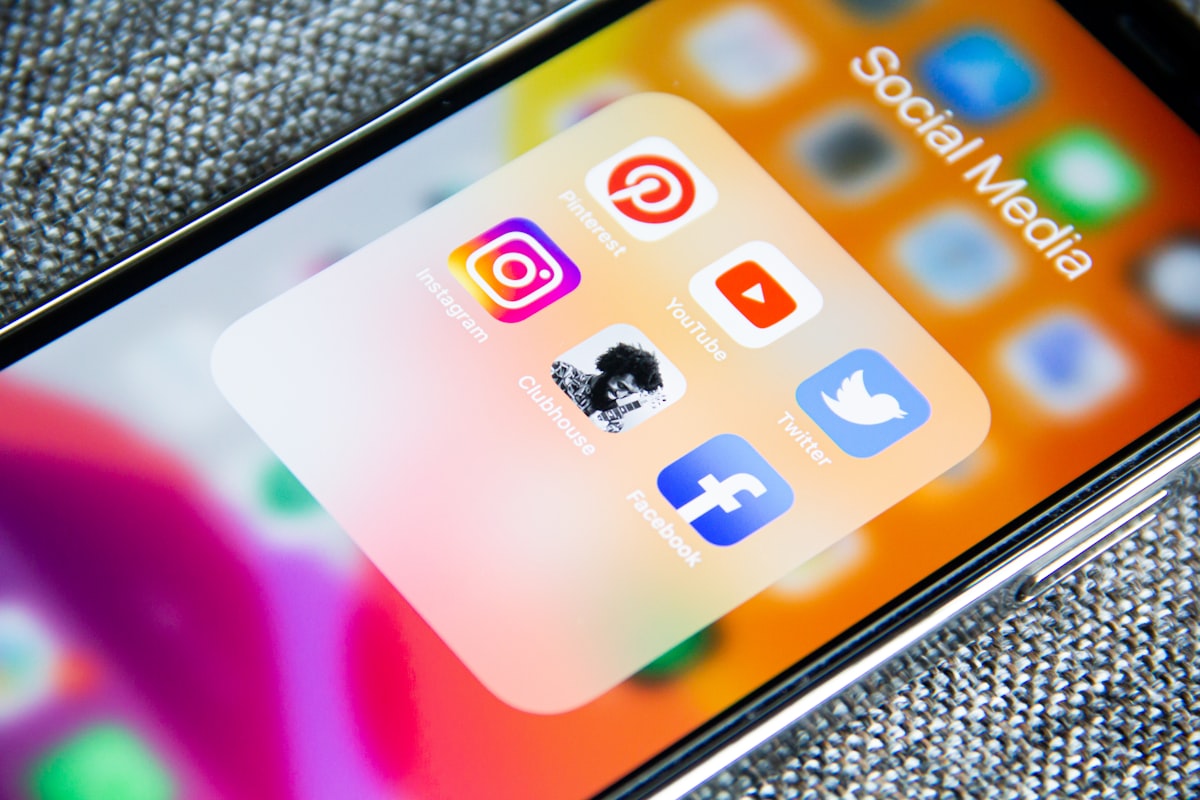Monetizing information and selling it to third parties, the goal of social networks
Social networks tailor advertising with the data we provide them. It is essential to take the time to review the security settings and self-limit their use.

Social networks follow our footprints, every clue we give in the information we post, the photos, videos, likes, food, and even the face we select to present ourselves to others. In January 2021, the researcher of the Universidad Veracruzana (UV), Carlos Adolfo Piña García, documented that in Mexico there is a population of 129.6 million people, with the urbanization of 80.9 percent; 115.4 million are connected to cell phones, that is, 89.1 percent of the inhabitants.
Meanwhile, Internet users total 92.01 million, with an incidence of 71 percent, while those active in social networks are 100 million, with 77.2 percent, he commented. "This means that we are mostly connected to networks." "On the Internet, billions of data pass in real-time on one of the digital platforms, which store each one of them," revealed the member of the Laboratory for the Analysis of Information Generated through Social Networks on the Internet (LARSI) of this educational institution.
With the information we share, they create customized profiles, improve them with artificial intelligence and sell the information to third parties: it is so specific that it guarantees up to 90 percent of sales of the most diverse products and services, he said. Piña García gave the conference "The dark side of social networks", in the ninth session of the Seminar on Social Networks and Digital Environments, organized by the General Directorates of Computing and Information and Communication Technologies (DGTIC) and Science Dissemination (DGDC), as well as the Faculty of Political and Social Sciences (FCPyS) of the UNAM.
According to the Data Science specialist, the internet is the network of networks that involves platforms such as Facebook, Instagram, Twitter, and others that connect as small laymen to the network. Currently, giants such as Facebook, which bought WhatsApp and Instagram, are taking over the data, images, and messages of companies that used to be competitors. Taking hold of this leads them to know if the user likes to go to the beach or to the North Pole to climb mountains; if my aunt likes to buy such-and-such brand oil or me to buy some tires for my vehicle. "This means monetizing the information, it means that with this they not only buy the platform but the whole infrastructure and the data used by these people who use social networks."
Through cell phones and networks they also have you geolocated; they know where you live and work, who you interact with and they can sell complete targeted advertising campaigns. Platforms such as Instagram have proven to be toxic for teenage girls, who have anxiety and depression problems when comparing their photos with those of perfect figures that are propagated on the network. TikTok competes strongly in this phenomenon, which captures the youngest and promotes the immediate consumption of 15-second videos.
The expert recommended carefully reviewing the privacy or security settings, as they are almost always accepted without reading them and consent is given to use the data; to limit oneself in its use and use it responsibly, because even if we delete an application the data is not eliminated from the platform. He called for the existence of a regulatory mechanism for networks that is independent and autonomous from governments, and for companies to develop self-regulation.




